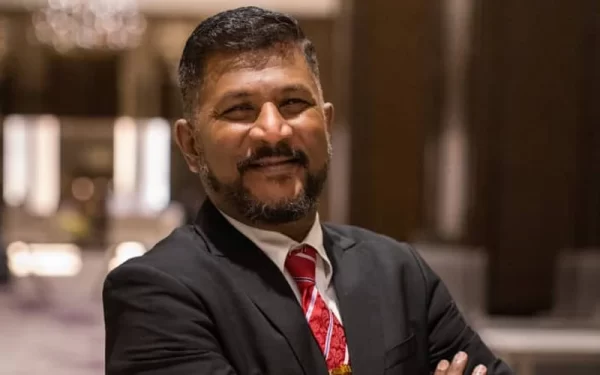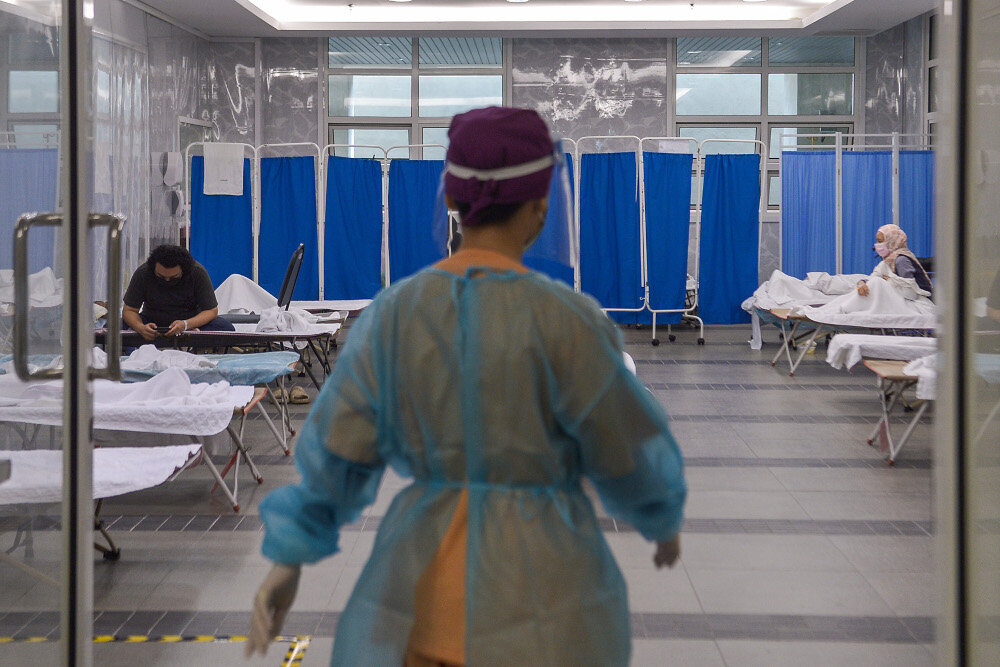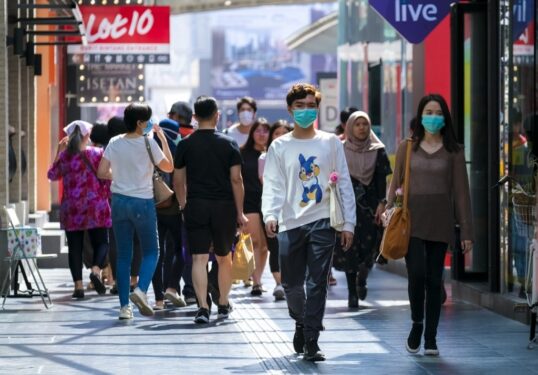THE Malaysian Medical Association (MMA) has outlined several main important areas it expects the soon-to-be elected Government to address as part of health care reforms.
MMA president Dr Muruga Raj Rajathurai also expressed the group’s disappointment that the 15th General Election (GE15) will be held around the time the Health White Paper (HWP) was initially expected to be tabled in Parliament (in mid-November).
“We hope that regardless of the outcome of the GE, the Health Ministry’s plans for the HWP, which will pave the way for many of the needed reforms in the system, will still go ahead,” he said in a statement today. “Many engagement sessions have already been held and we were informed that the HWP is close to being finalised.”
Some of the areas, in Muruga’s own words, are as follows (edited for brevity and clarity):
- Health care human resources
The MMA hopes to see more commitment towards resolving the manpower issues in our public health care system. We need more doctors and specialists but there are not enough positions being created or training hospitals.
With the limited permanent posts available, we understand that the best will be absorbed into the system after they have met certain criteria. Even so, we believe that the posts should be increased proportionately with the increase in population (For context, there are currently around 18,000 medical officers on contract at Government health care facilities).

There has been some progress on the contract doctor issue with a committed amount of 1,500 permanent posts for contract medical officers for each year. However, the issue has not been fully resolved, and all those affected by the contract system will be expecting the new Government to do better.
Resolving this issue would involve taking better control over the intake of medical students in medical schools, improving the housemen training system, creating more posts and ensuring transparency in the selection criteria for permanent posts, and making sure that every junior doctor has a career pathway in the public health care system.
- Access to health care
The new health minister must make it his or her mission to improve health care access throughout the country, and especially in rural areas like the deep interiors of Sarawak and Sabah.
The issue of maldistribution of specialists also needs to be looked into more committedly; in some states, certain specialist care services are unavailable, resulting in patients travelling to other states for their health care needs.
With Malaysia reaching ageing nation status, the health care needs will significantly increase and so too will the demand for many specialised and extended services.
We hope to see a stronger commitment to addressing these concerns – it is not just about allocating funds, it involves long-term planning of resources and supporting infrastructure.
- Health care financing
We need a sustainable health care financing model to support both individual health care needs as well as the operational expenditure of our public health care system. Both need to be addressed through effective policies and political will.

It is evident from the high dependence on public health care that most Malaysians will need additional funds should they need specialist care or any emergency procedures. It is also important to note that most Malaysians do not even have health insurance coverage or are underinsured.
There should be some criteria before we can get an actual Social Health Insurance (SHI) going. The informal employment sector is too big for us to count contributions. Perhaps we could work towards a hybrid model using established institutions like the Social Security Organisation (SOCSO) or the Employees’ Provident Fund (EPF), both of which are accountable to Parliament and not for profit.
Additionally, a move to reach for the lower-hanging fruits should be taken by first increasing the public health care registration fee to RM5 per encounter for outpatient services and RM25 for specialist services. However, those in the bottom 40 income (B40) should still be able to access these health care services for free.
- Recognising the role of private GPs
Despite the contribution of private general practitioners (GPs) in the delivery of health care to the population, private GPs, of which there are around 8,000 nationwide, have been mostly overlooked in many Government health care policies.
The private GPs are a ready-made network of health care providers with a wider reach and access to communities all over the country. The Government should take advantage of this strength and collaborate with the private GPs on a bigger scale. After all, the family-doctor concept is proven to be an effective model of health care, especially in the prevention and management of non-communicable diseases (NCDs).
The MMA had made the proposal years ago to outsource some of the primary care services to the private GPs through a referral system. Such a move will help ease the congestion we see in almost all public clinics nationwide.
More budgets should also be allocated to enhance primary care services at both public and private health clinics; if there is a need to build more hospitals, then it shows that we are becoming a sick nation with not enough emphasis on prevention. – Oct 20, 2022
Main photo credit: Malay Mail









